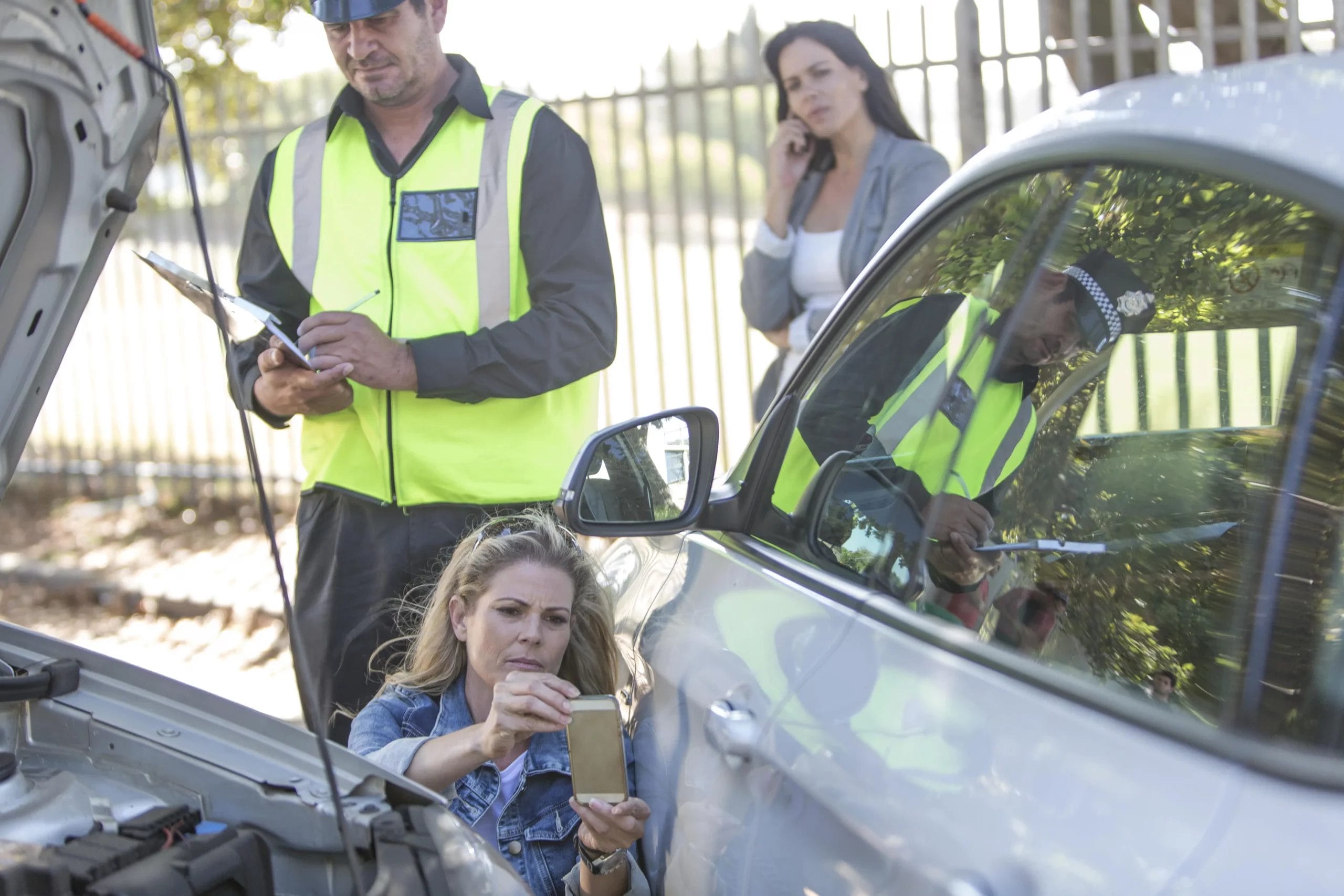Following any wreck, you may ask yourself, “When should I get medical care after a car crash?” The answer to this question may be more complex than it appears. You may feel your injuries are not severe enough to warrant medical attention. Or you might wonder if your pain is transitory and will resolve in a few days.
Delaying medical evaluation, though, is a risky decision. The adrenaline and trauma of a car crash can mask symptoms of serious injuries. Some injuries, such as traumatic brain injuries and spinal cord injuries, can worsen without prompt medical care.
As an adult, you have the right to receive or refuse medical care. While it is ultimately up to you whether to seek evaluation and treatment after a car accident, there are several reasons why doing so may be in your best interests.
You Should Take Life-Threatening Injuries Seriously
If you suffer a severe injury, your life can depend on obtaining life-saving treatment quickly. Examples of catastrophic injuries requiring immediate medical care include the following:
- An injury to the head or neck, especially if you lost consciousness for any period
- Pain in the back or neck that makes it difficult to move
- A lack of feeling or range of motion in your arms or legs
- A protruding or prominent bone fracture
- Any injury that results in profuse bleeding
There are just a few signs and symptoms of a severe injury. Whenever you doubt whether you have suffered a catastrophic injury, err on the side of caution by calling an ambulance for help.
Do Not Rely on the Presence of Pain Alone in Deciding Whether to Get Medical Care
Do not assume that you did not suffer any injuries because you do not feel pain. When you are involved in a car wreck, adrenaline surges through your body and triggers the body’s fight-or-flight response. This influx of adrenaline can dull the pain of injuries and make it more difficult for you to initially perceive that you have suffered harm.
Moreover, some injuries to the spinal cord may damage or sever nerves. If this happens, you will not feel pain despite sustaining catastrophic injuries. Or it may take hours or days before pain begins to develop. By then, the actual harm you suffer may be worse than it was on the date of your accident.
Therefore, pain is a relatively poor indicator of whether you need medical attention. You should consider the whole range of symptoms you are experiencing and decide whether to go to the hospital or doctor’s office. Again, it is best to be overly cautious and seek medical evaluation and treatment if you’re not sure.
When Should I Get Medical Care After a Car Crash? Making the Decision
Once you have decided that a doctor or hospital should evaluate and treat you, the next question is how quickly you should obtain that care. Here, there should be no confusion or equivocation. If you ask yourself, “When should I get medical care after a car crash?” The answer is simple: right now.
Seeking immediate care offers several benefits to you and your legal rights. First, by seeking medical care early, your doctor may successfully identify conditions that have not yet manifested symptoms. Catching some conditions and complications early can help prevent the condition from worsening or spreading to other body parts.
Speedy medical care can also protect your legal rights. Following a car wreck, you generally have the right to seek compensation from the person responsible for causing the wreck. The court may limit or deny your recovery if it determines that your careless actions caused or contributed to your injuries and losses.
Choosing to delay getting medical treatment can be considered a negligent act that could exacerbate your injuries. A court is more likely to view such a decision as careless if any of the following are true:
- Someone offered you medical care at the scene but you refused
- You had apparent signs of serious injury that you ignored
- You received an evaluation but failed to keep follow-up appointments
Therefore, not only does a decision to seek medical care promptly after an accident protects your health but it can also help ensure you can pursue your claim for full compensation.
Where to Obtain Medical Care After a Car Accident
Once you have decided to seek treatment, consider where you should receive that treatment. If your injuries are severe, an ambulance on the scene should stabilize you and transport you to the nearest hospital for further care. There is simply no time to schedule an appointment with your primary care doctor in such a situation.
If your injuries are not severe, though, you have options. You may still choose to transport yourself to an emergency room. An urgent care clinic may also be able to check you over for injuries and provide care, although it may not have access to the necessary equipment to check for fractured bones or head injuries.
If you are sure your injuries are not life-threatening and will not worsen with time, you may choose to have your primary care doctor evaluate and treat you. If your condition worsens while waiting for your doctor’s appointment, you should go to the nearest hospital for more immediate care.
The Joel Bieber Firm Assists Car Crash Injury Victims
Aside from asking yourself, “When should I get medical care after a car crash?” you should also consider how you will pay for your care. A successful car crash lawsuit, pursued with help from The Joel Bieber Firm, may be the answer.
Contact our firm and schedule a free, no-obligation consultation to discuss your case and your potential claim for compensation.
Interesting Reads:
How Much Money Can You Sue for Pain and Suffering as a Victim?
Ankle and Foot Pain After Car Accident

